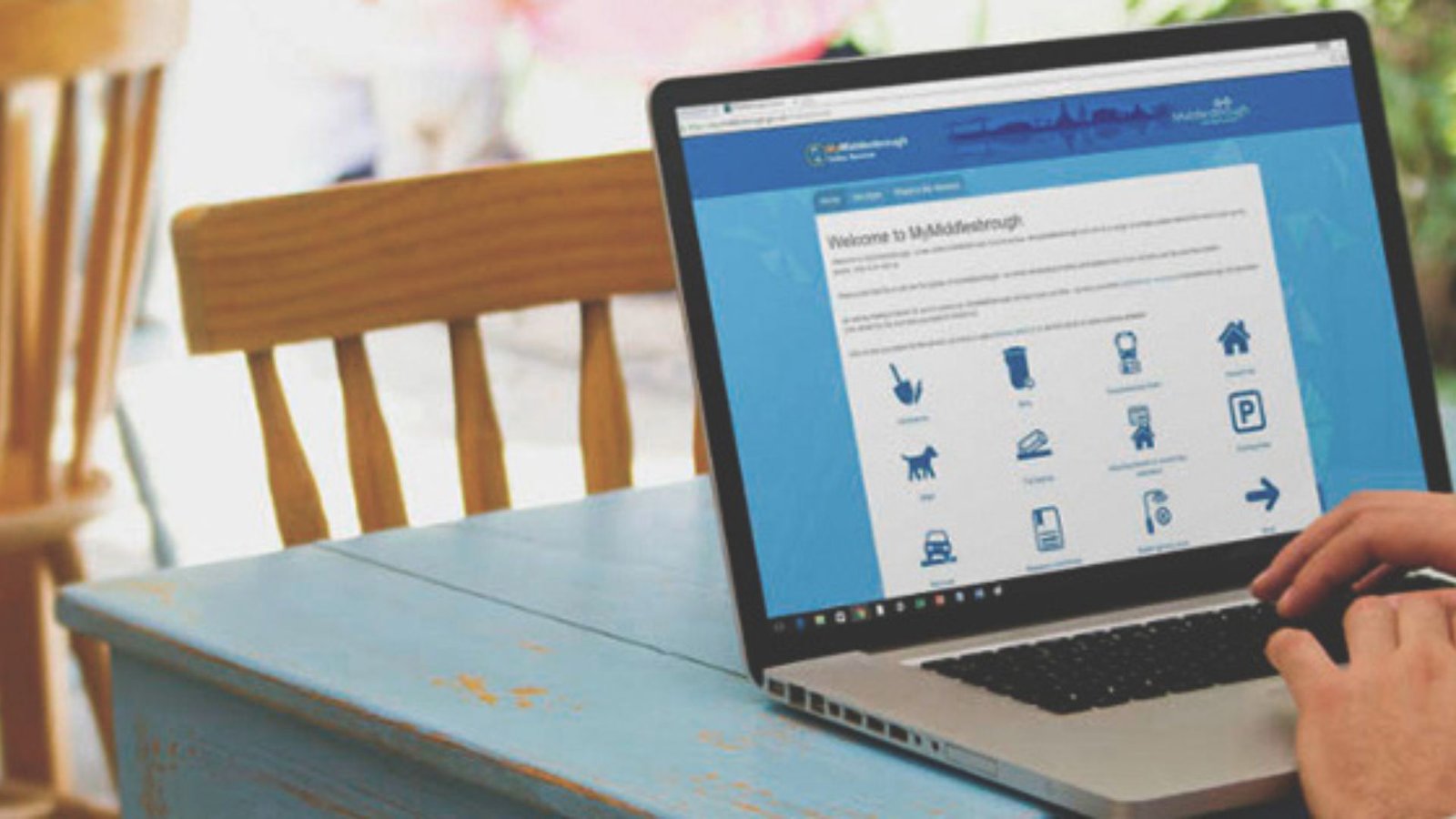Public records are a valuable resource for anyone interested in civic engagement. These records, maintained by government agencies, provide transparency and accountability in public administration. They offer insights into various aspects of government operations, from legislative activities to budget allocations. Using public records for civic engagement allows citizens to stay informed, participate in decision-making, and advocate for change. Here are some key strategies for effectively using public records to enhance your civic engagement.
Understanding the Importance of Using Public Records for Civic Engagement
Using public records for civic engagement is essential for promoting transparency, accountability, and informed participation in government. Public records include a wide range of documents, such as meeting minutes, court records, financial reports, and more. By accessing and using these records, citizens can hold public officials accountable, track government spending, and understand the impact of policies on their communities.

Know Where to Find Public Records
The first step in using public records for civic engagement is knowing where to find them. Many records are available online through government websites. If records are not available online, you may need to visit government offices in person or submit a formal records request. Understanding where to find public records is crucial for accessing the information you need.
Learn How to Submit a Public Records Request
In some cases, public records may not be readily available online, and you will need to submit a public records request. Each government agency has its procedures for requesting records, usually outlined on its website. Requests can often be submitted in writing or electronically. When submitting a request, be as specific as possible about the documents you seek to avoid delays. Include details such as dates, names, and types of records.
Use Public Records to Monitor Government Spending
Public records are an excellent tool for monitoring government spending and financial management. Budget reports, financial statements, and expenditure records provide transparency about how taxpayer money is used. By reviewing these records, you can track spending on public projects, education, healthcare, and other services.
Using public records for civic engagement also involves investigating legislative activities and policy decisions. Legislative records, such as bills, voting records, and committee reports, provide insight into the law-making process. Reviewing these records helps you understand which issues are being addressed, how your elected representatives are voting, and what policies are being proposed. By staying informed about legislative activities, you can engage with lawmakers, provide input on proposed legislation, and advocate for policies that align with your community’s needs.
Hold Public Officials Accountable
Public records play a crucial role in holding public officials accountable. Accessing records such as campaign finance reports, ethics filings, and conflict of interest statements allows citizens to monitor the actions of elected officials. By examining these records, you can identify potential ethical concerns, conflicts of interest, or misuse of public funds. Holding public officials accountable helps maintain integrity in government and ensures that officials act in the best interests of their constituents.
Engage in Community Advocacy and Organizing
Using public records for civic engagement can empower community advocacy and organizing efforts. Records related to public health, education, housing, and environmental issues can provide valuable data for community groups and activists. By analyzing this information, you can identify areas of concern, track changes over time, and develop evidence-based arguments to support your advocacy efforts. Public records provide the factual basis needed to engage in meaningful dialogue with government officials, rally community support, and drive positive change.
Stay Informed About Local Issues and Developments
Staying informed about local issues and developments is an important aspect of civic engagement. Public records, such as zoning plans, building permits, and land use documents, offer insights into development projects and land management in your community. Reviewing these records helps you understand how changes may impact your neighborhood, environment, or property values.
Use Data to Support Public Safety and Justice Initiatives
Public records can also be used to support public safety and justice initiatives. Crime statistics, police reports, and court records provide valuable information about public safety trends and law enforcement activities. By analyzing this data, citizens can identify patterns, assess the effectiveness of public safety programs, and advocate for reforms if needed. Using public records to support justice initiatives helps promote fair and effective law enforcement practices, community safety, and accountability within the criminal justice system.
Conclusion
Using public records for civic engagement is a powerful way to promote transparency, accountability, and informed participation in government. By knowing where to find records, understanding how to request them, and using the information to monitor government activities and advocate for change, citizens can play an active role in shaping their communities. Public records provide the tools needed to stay informed, hold officials accountable, and work toward positive change in society. Embrace the power of public records to enhance your civic engagement efforts and make a meaningful impact.

